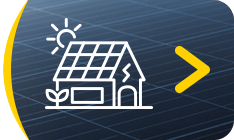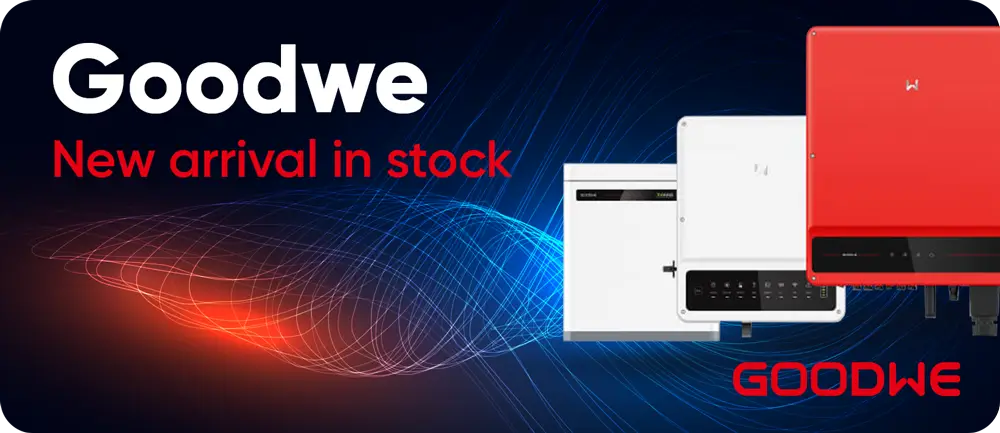- 09 Oct, 2017
- Solar Training

The Terra Eco team tested for us the new social networks that aim to change the world: 3 ecological, civic, and responsible networks to discover.
It's not just Facebook, Twitter, or LinkedIn. TerraEco has reviewed new social networks that might just win you over: they aim to be more eco-friendly, more responsible, and more human. Here's an overview in just a few clicks.
Newmanity.com: Sustainable Networking
Created at the end of 2012, Newmanity is a French-speaking platform that aims to be both a networking site, a professional directory, and a resource bank for all people interested in sustainable development and transition. A vast program. You can find a mix of videos and practical articles (on shiatsu or the role of the father after the birth of a child), tests and games, information on paid internships and training (which cost between a few tens and several hundred euros and cover topics as varied as biodiversity, the green economy, or equine-assisted therapy), and even a bit of advertising.
The overall result is quite heterogeneous and can be confusing. But it is on this network that we found it easiest to contact other users. Celine, founder of a collaborative consumption platform and member of Newmanity since its inception, is particularly attracted by the diversity of possibilities: "It allows me both to monitor the topics that interest me and to develop a network of interesting people."
We liked: Being able to use the service quickly.
We liked less: Having to sort through enriching pages and others that are not of interest.
Wiser.org: The International Database
If Wiser had to be compared to another social network, it would be LinkedIn. Its founder, American activist Paul Hawken, said he got the idea to create Wiser when he wondered what to do with the thousands of business cards he had accumulated over years of meetings, conferences, and seminars. Today, the platform gathers information on more than a hundred thousand associations, NGOs, social enterprises, and change-makers worldwide. Translated into eight languages, Wiser prides itself on having 75,000 members, whether activists or not.
Regis, 32, recently registered, chose Wiser precisely for the size of its network. "I signed up because I am participating in the launch of a transition community, inspired by Rob Hopkins, in Fontenay-sous-bois (Val-de-Marne, Editor's note). Wiser allows me to animate it and share information or organize events. Personally, it also helps me stay informed and not remain isolated. It's a great link between the local and the global."
We liked: Joining an international network.
We liked less: Spending time customizing your profile before being able to navigate the platform.
Koom.org: To See Change Around You
Do you feel your sense of responsibility is at an all-time low? Do you sometimes wonder why you bother sorting your waste in this disposable world? Koom is a platform created for you. This French-speaking site aims to bring together people who act individually to show the global impact of their respective small actions. By signing up, you can commit to taking actions.
Among the 46 possibilities, I chose to use reusable bags for my shopping. I can see that 1,400 people have done the same, and that if 600 more motivated people join us, we will save about 600,000 plastic bags per year. This should help me not to forget my shopping bag when I head to the supermarket.
And the idea doesn't stop there: very active forums allow you to exchange with other Koomers and you can also challenge your company or city. A first challenge of this kind was launched with Credit Cooperative during the World Cleanup Day.
Created at the end of 2012, the network now has 4,000 members. Donatienne, a 33-year-old editor who discovered the site because she knows its founder, visits it two to three times a month: "It feels good to see that we're not alone, it helps prevent discouragement. You better understand the concrete impact of our personal actions."
We liked: Seeing where other users are located, even if about a quarter are based in Paris.
We liked less: Enduring invasive advertisements.
Source: Slate.fr











